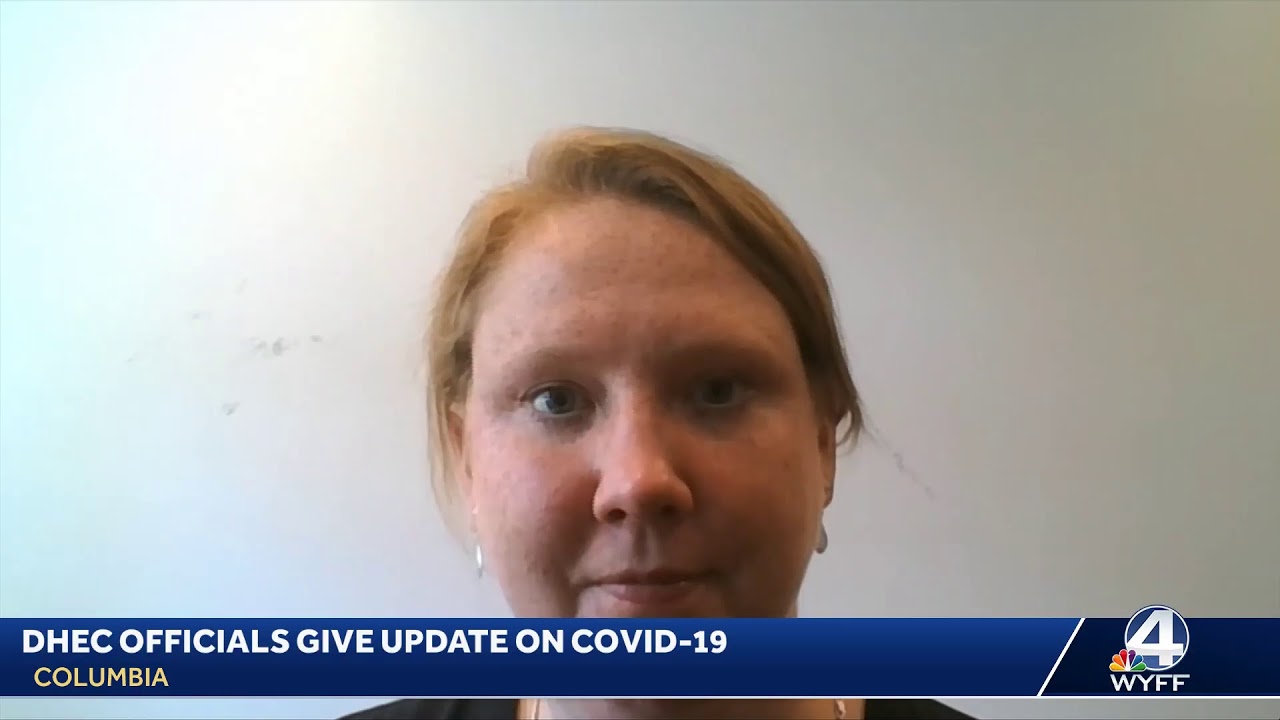by Dr. David L. Bodde
Democratic governance in the United States was once informed and moderated by our distinct cultural, social and religious values. But today those values seem shouted down by the mobs and counter-mobs we see on the evening newscasts. Or such is the appearance. It is not the reality.
I write about institutions you will never see on the evening news. They serve the poor among us, those most burdened by the triple-threats of pandemic, an eroding job market and racial injustice. They help rebuild communities, not burn them down, and they reside within the communities they serve.
We can call them “missional entrepreneurs” because they serve through the values-based enterprises that they have built. Their entrepreneurial tradecraft equals that of any tech entrepreneur. The way they accomplish this affirms in quiet action the values drowned in the noise of the bullhorn.
Two examples illustrate the rich variety at work in our Upstate region.
First, Ripple of One operates in a rural area of Upstate South Carolina to “transform generational poverty into generational progress one family at a time.” The core idea: Stop enabling those in poverty to remain so, but rather start empowering them to move beyond government assistance. Though formally an educational 501(c)3, the work of Ripple is informed by the Christian values held by its leaders and volunteers.
Ripple focuses on the family as a unit, which typically means a mom and two or more children, though a few fathers also participate. These parents are taught personal finance, constructive relationships with others, professional skills and good health practices. At the same time, the children enjoy games and activities that build habits of good decision-making — all with the same goal as the adults: to show them how to achieve their “full God-given potential.”
Second, Ride to Work Ministry (RTWM) is a faith-based organization working with several local churches but not directly affiliated with any of them. All hold in common a worldview that recognizes work as an essential “part of God’s plan.”
RTWM seeks to “provide temporary, affordable transportation to residents of Oconee County so they can transition to stable employment with a living wage and become self-sufficient.” RTWM builds its vision on the declaration of Pope Francis: “Work is part of God’s loving plan… Work is fundamental to the dignity of a person.”
Both Ripple and RTWM succeed because they serve within an explicit framework of ethical values that originate outside of the individuals involved. They not only teach these values, but also live them.
By connecting inherently relational humans to values that reach beyond personal expediency, the missional entrepreneurs provide a source of legitimate authority for self-governance and the basis for constructive relationships with others.
They demonstrate that those not born to privilege can reject the narrative that they are helpless victims. Rather, they can believe that personal goals of economic improvement and a safe and stable life are indeed within their reach. And most importantly, they can draw the strength to achieve this through a just and caring community of family and missional enterprises.
None of this argues that these enterprises can replace government-sponsored social support programs. Rather, they complement and inform those programs, just as our cultural, social and religious institutions have done from the earliest days of the Republic. And with our support, the whispers of justice and mercy will silence the bullhorns.
Dr. David L. Bodde is currently an emeritus professor of engineering and business at Clemson University, with teaching/research in technology-based entrepreneurship.
The post Letter to the editor: Missional entrepreneurs – How values-based enterprises build freedom from chronic poverty appeared first on UPSTATE BUSINESS JOURNAL.










